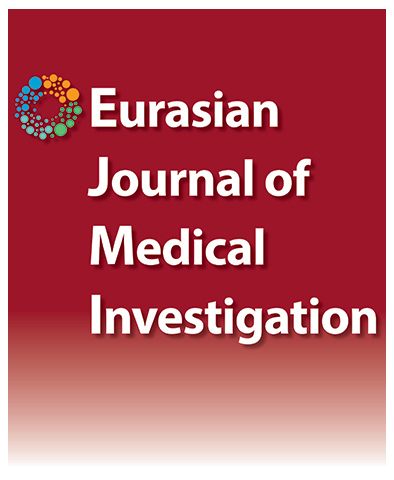Development of a QSAR model for BACE-1 inhibitors using genetic algorithm-based multiple linear regression
Sumanta Kumar Sahu, Sweta Singh, Krishna Kumar OjhaDepartment of Bioinformatics, Central University of south Bihar, Gaya, Bihar, IndiaObjectives: BACE-1 (β-enzyme) is the main therapeutic target for the treatment of Alzheimer's disease, as it actively participates in the processing of amyloid precursor protein, resulting in the creation of amyloid-β in the brain. The cur-rent work aims to investigate and build a QSAR model of BACE-1 inhibitors.
Methods: Genetic algorithm-based multiple linear regression (GA-MLR) was used to create regression models between the descriptor and pIC50 value of each molecule in the training set based on selected significant molecular descriptors. The most important descriptors chosen are Burden modified eigenvalue descriptors, PaDEL-weighted path descriptors, autocorrelation descriptors, topological distance matrix descriptors, MLFER descriptors, Barysz matrix descriptors, and chi path cluster descriptors. The models were validated using both internal and external validation parameters. Results: The study determines the chemical space that the model may predict by defining an applicability domain. The regression models developed suggest a good predictive model for BACE-1 inhibitors that can predict the IC50 value of newly designed chemical compounds.
Conclusion: The information presented here suggests a good predictive model for BACE-1 inhibitors, which can be utilized to predict the IC50 value of newly designed chemical compounds, thereby aiding in the treatment of Alzheimer's disease.
Keywords: Alzheimer, BACE1, QSAR.
Manuscript Language: English





